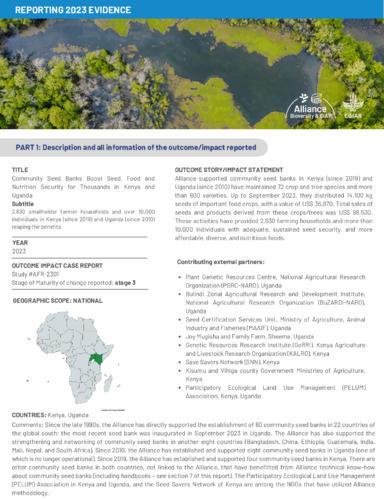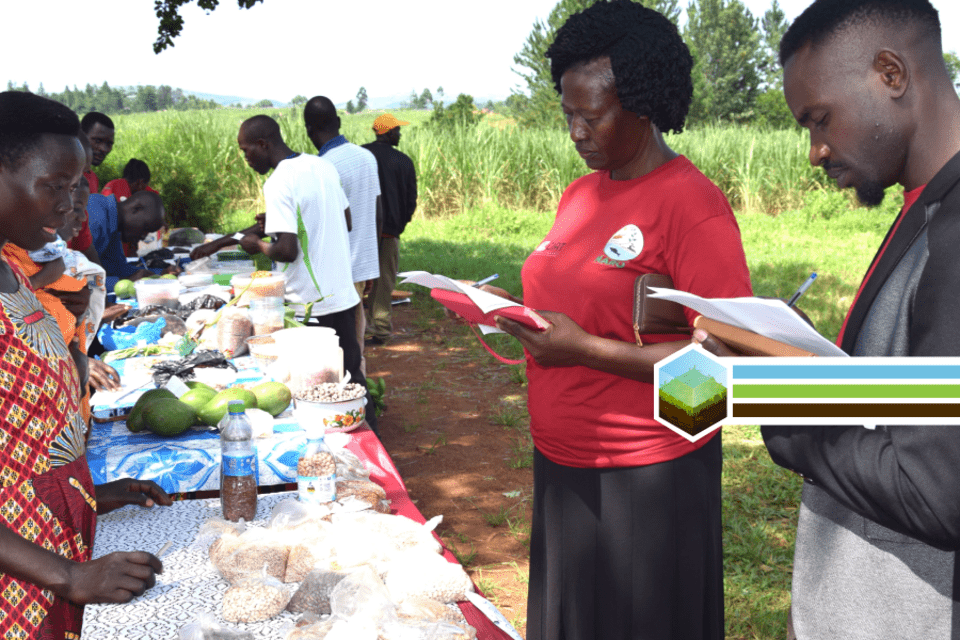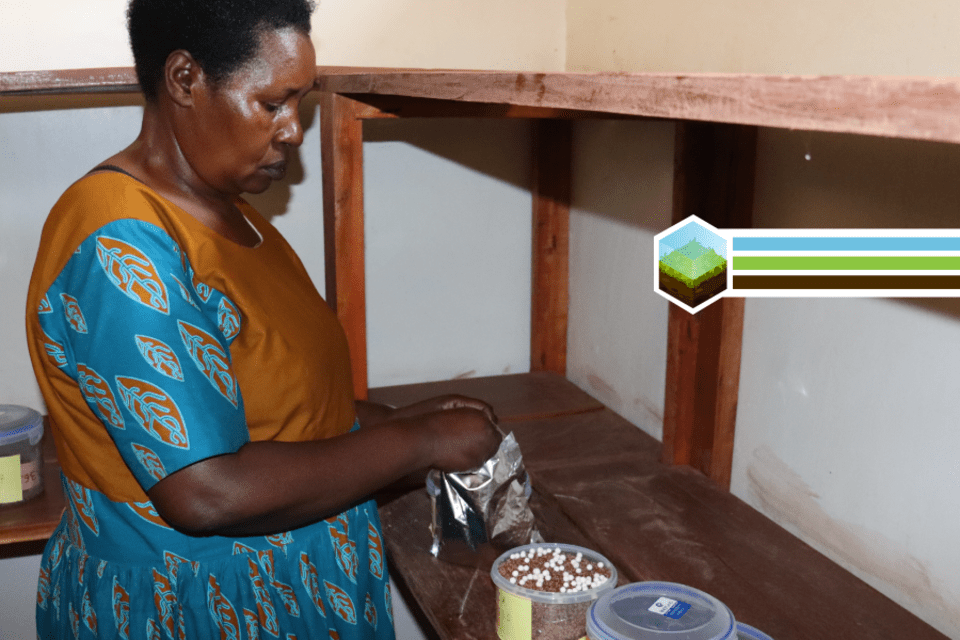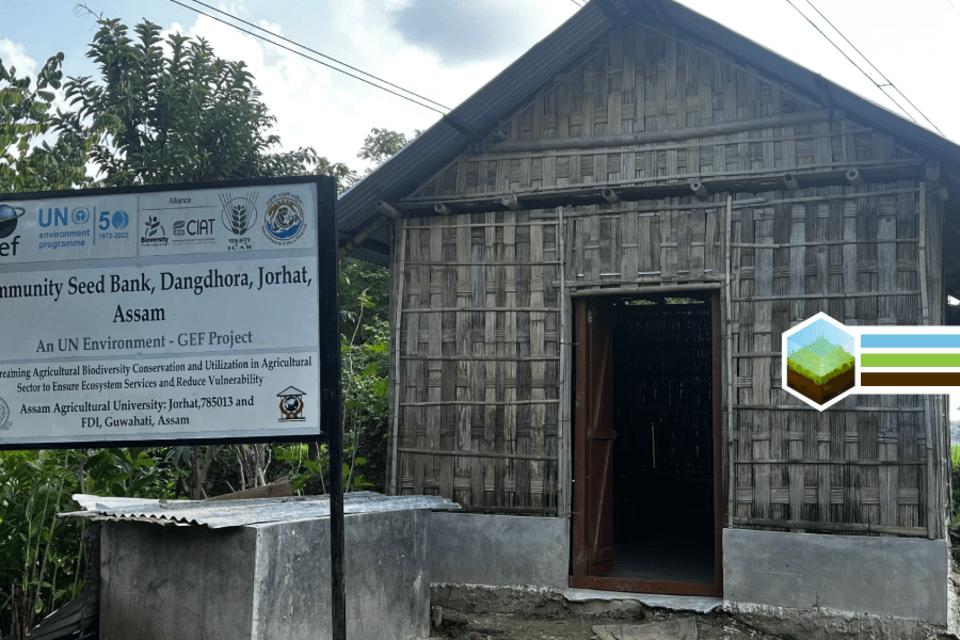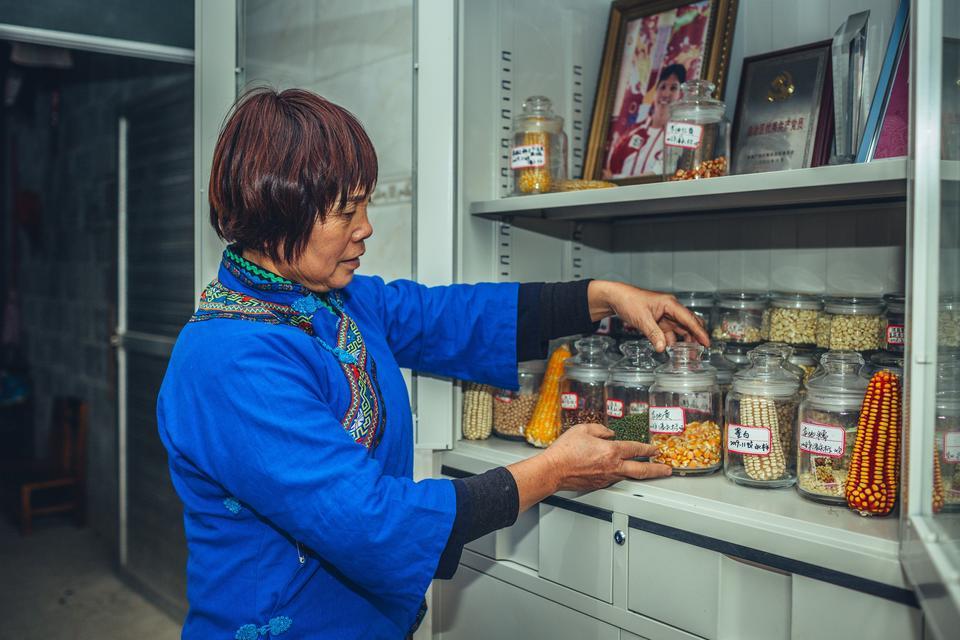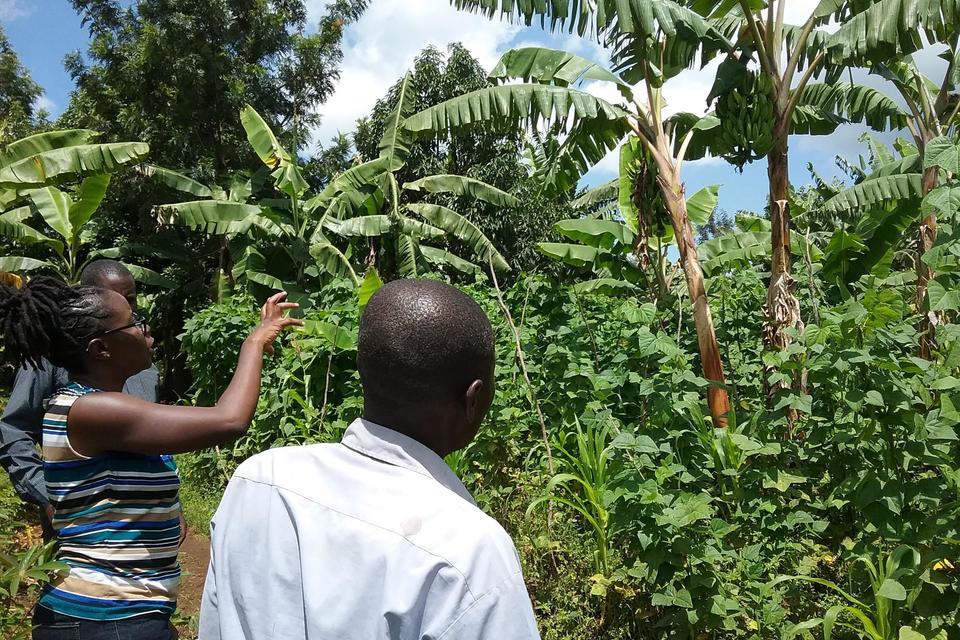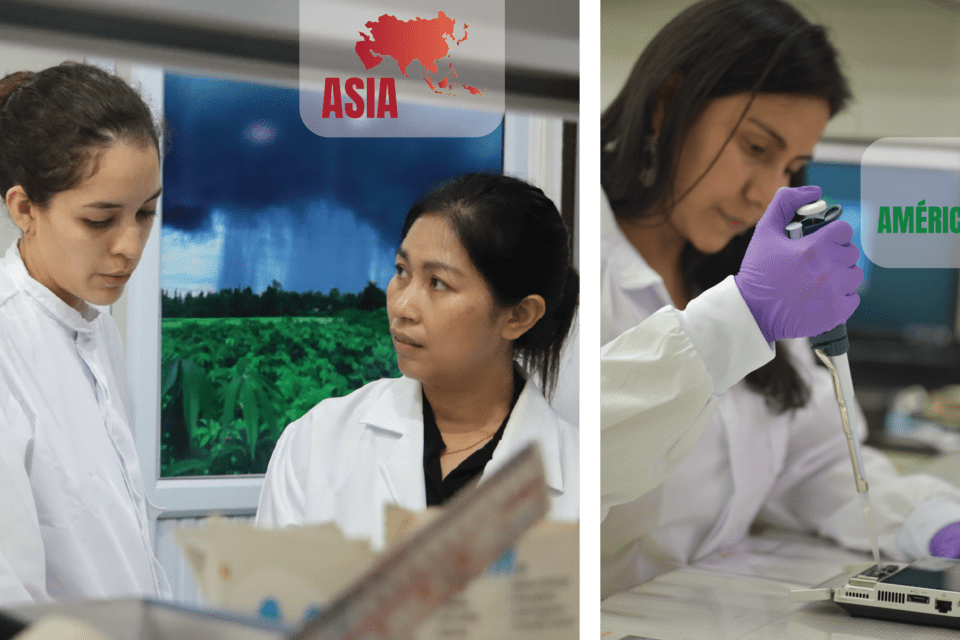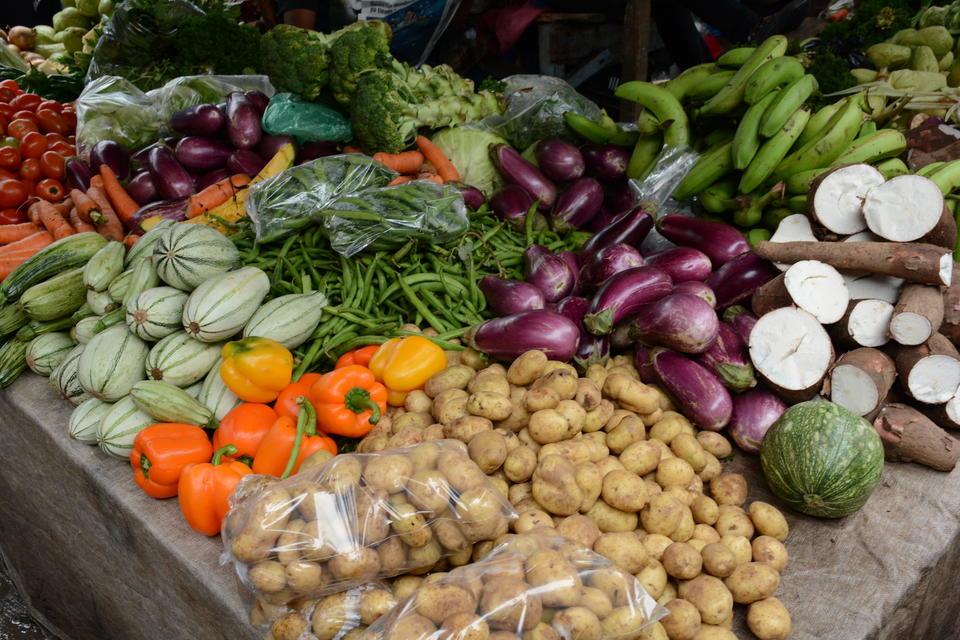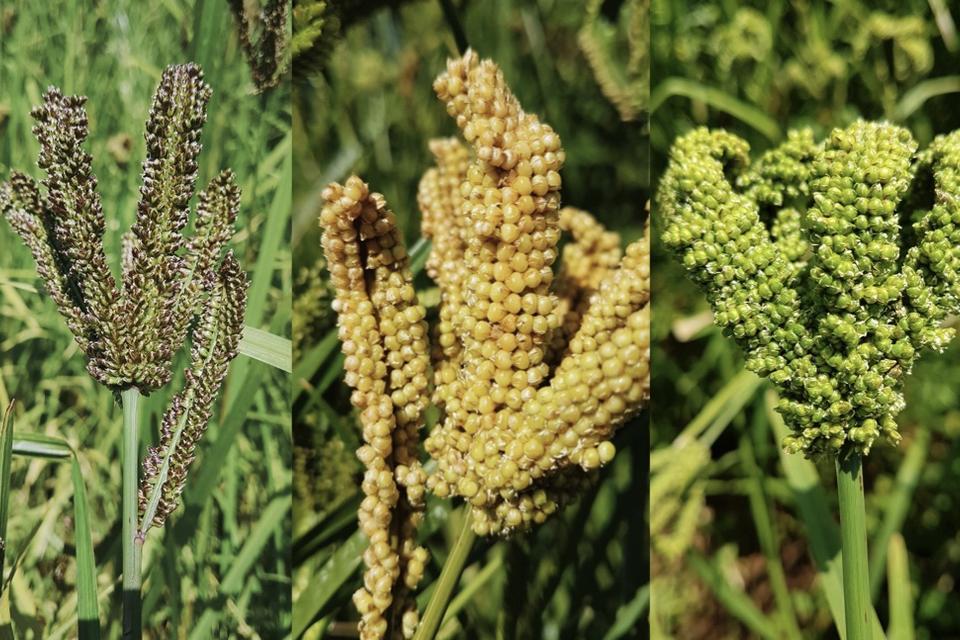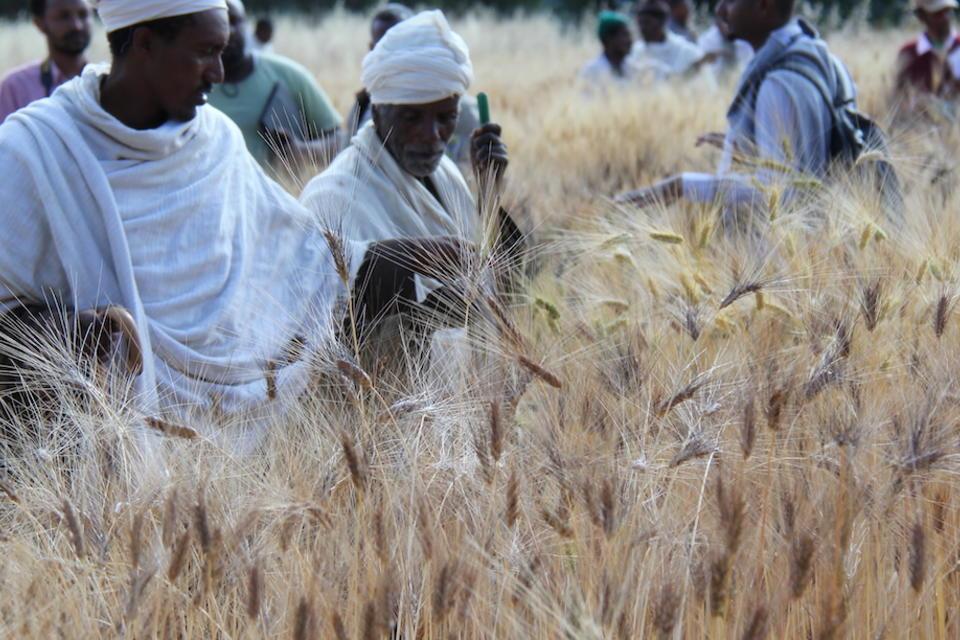Blog Banking on Biodiversity: conservation starts with seeds
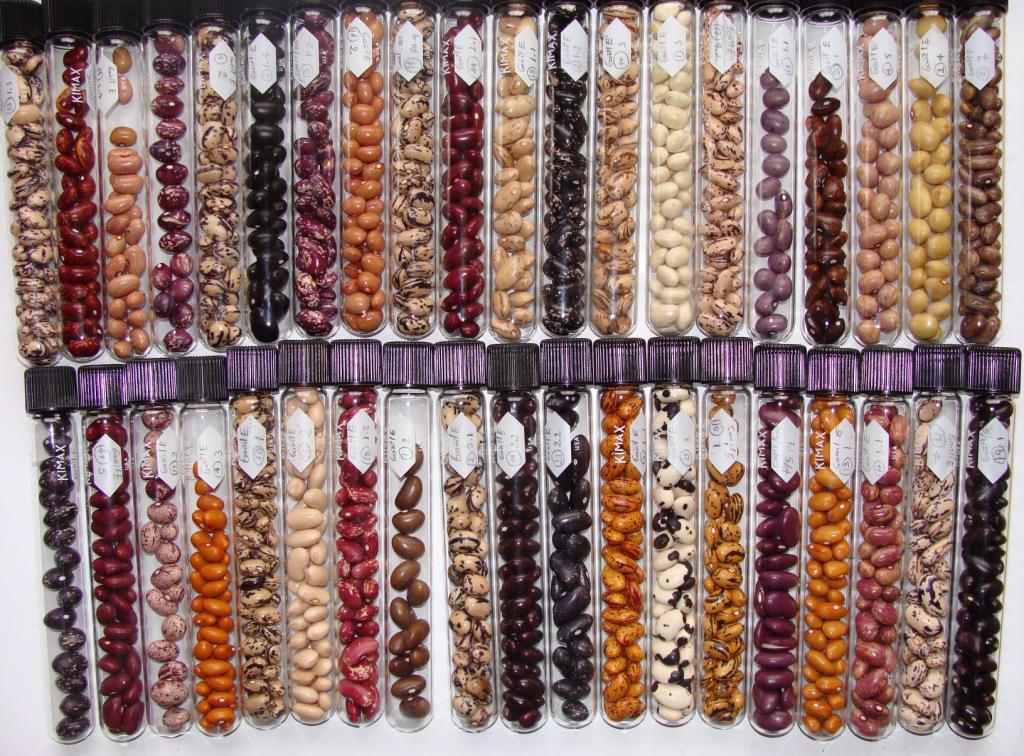
2024 is a landmark year for biodiversity. In the leadup to COP16 in Cali, we are called to find solutions to protect and sustainably use agrobiodiversity. Crop conservation begins with seeds. Around the globe, researchers and farming communities are collaborating to collect, save, and share seeds: in seedbanks and genebanks.
Below, we invite you to explore case studies from around the globe of efforts to save and sustainably use agrobiodiversity.
Community Seedbanks
From beginnings as humble as a farmer collecting the seeds of a particularly hardy squash plant and sharing them with their neighbor, a seedbank can grow into a local organization and support system for farmers. If well-maintained, these collections can be an easily accessible, locally-adapted safety net in times of floods, drought, diseases, or pests.
“Community seedbanks in Kenya and Uganda make diverse seeds- including for key food security crops like sorghum and finger millet- accessible to thousands of farmers, especially women.” - Gloria Otieno, Alliance Scientist
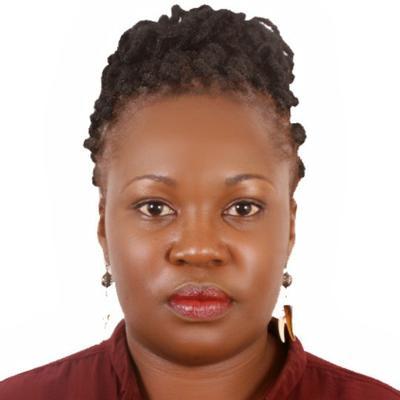
Gloria Otieno
Scientist IICommunity gathers for new seedbank in Uganda
Women and Seedbanks in Africa
China's 27 Seedbanks
Genebanks
Off-site conservation – such as deep-freezing seeds in liquid nitrogen at 196C – enables long-term conservation of plant genetic material that can weather on-farm shocks and disruptions. It also enables scientists to compare samples from around the globe and identify promising traits that could span community-level challenges.
The Alliance maintains two genebanks, in Belgium and Colombia, which act as living reservoirs of the world’s diverse plant genetic resources. In Leuven, the International Musa Transit Center researches the world’s collection of bananas; while in Cali, the Future Seeds research and education hub safeguards collections of beans, tropical forages, and cassava. In both cases, the plant genetic diversity is being studied and distributed based on its potential to help farmers adapt to changing conditions.
This is possible through collaboration with partners worldwide; for example, an agreement with the Crop Trust has further bolstered the Alliance’s ability to maintain over 66,000 seed samples.
Most recently, a new seedbank in Belgium will show the role of different varieties of the world’s favorite fruit – bananas – in ensuring its survival despite impacts of climate change, pests, and diseases on production.
Other ways that these collections reach communities include fighting malnutrition and plant viruses:
Naturally boosting nutrition with Vitamin-A rich bananas
Fighting cassava disease from Colombia to Laos
Combined, these efforts to conserve seeds and plant material – both in and off–farm – are contributing to more resilient, sustainable food systems and the achievement of global goals on biodiversity.
FAQs about Banking on Biodiversity: conservation starts with seeds
1. How are the seeds in community seedbanks and genebanks protected from genetic erosion or contamination over time?
The seeds in community seedbanks and genebanks are protected from genetic erosion or contamination through a combination of meticulous collection practices, controlled storage environments, and rigorous monitoring protocols. In community seedbanks, seeds are usually stored in cool, dry conditions, and they are periodically regenerated to maintain their genetic integrity. In genebanks, advanced techniques such as cryopreservation – where seeds are stored at ultra-low temperatures using liquid nitrogen – help prevent genetic degradation over long periods. Genebanks also implement strict contamination prevention measures including sterile handling procedures and isolation of samples, to ensure the purity of genetic material.
2. What specific training or resources are provided to communities looking to establish their own seedbanks, and how can they access these materials?
Communities looking to establish their own seedbanks can receive extensive training and resources from organizations such as the Alliance of Bioversity International and CIAT. These resources include detailed handbooks available in multiple languages that detail best practices for seed collection, storage, and management. The training often involves hands-on workshops and collaborative projects where community members learn directly from experts and experienced practitioners. Access to these materials and training opportunities can usually be obtained through partnerships with agricultural organizations, NGOs, or directly from initiatives led by the Alliance, that also offers online resources and support networks.
3. What are the main challenges and limitations faced by community seedbanks and genebanks, and how are these being addressed?
The main challenges faced by community seedbanks and genebanks include funding constraints, climate impacts, and maintaining the facilities. Community seedbanks often struggle with limited financial resources, making it difficult to invest in proper storage infrastructure and equipment. Climate change poses a significant threat to these facilities as extreme weather conditions can damage seed stocks and disrupt collection efforts. Genebanks, while more technologically equipped, face challenges related to the high costs of advanced storage technologies and the need for continuous funding to support their operations. To address these challenges, community seedbanks and genebanks across the world are increasingly collaborating with international organizations, governments, and private sector partners to secure financial support, improve infrastructure, and enhance their resilience against climate impacts.

